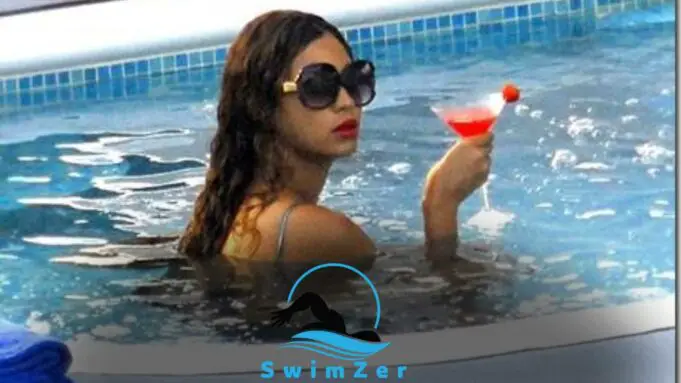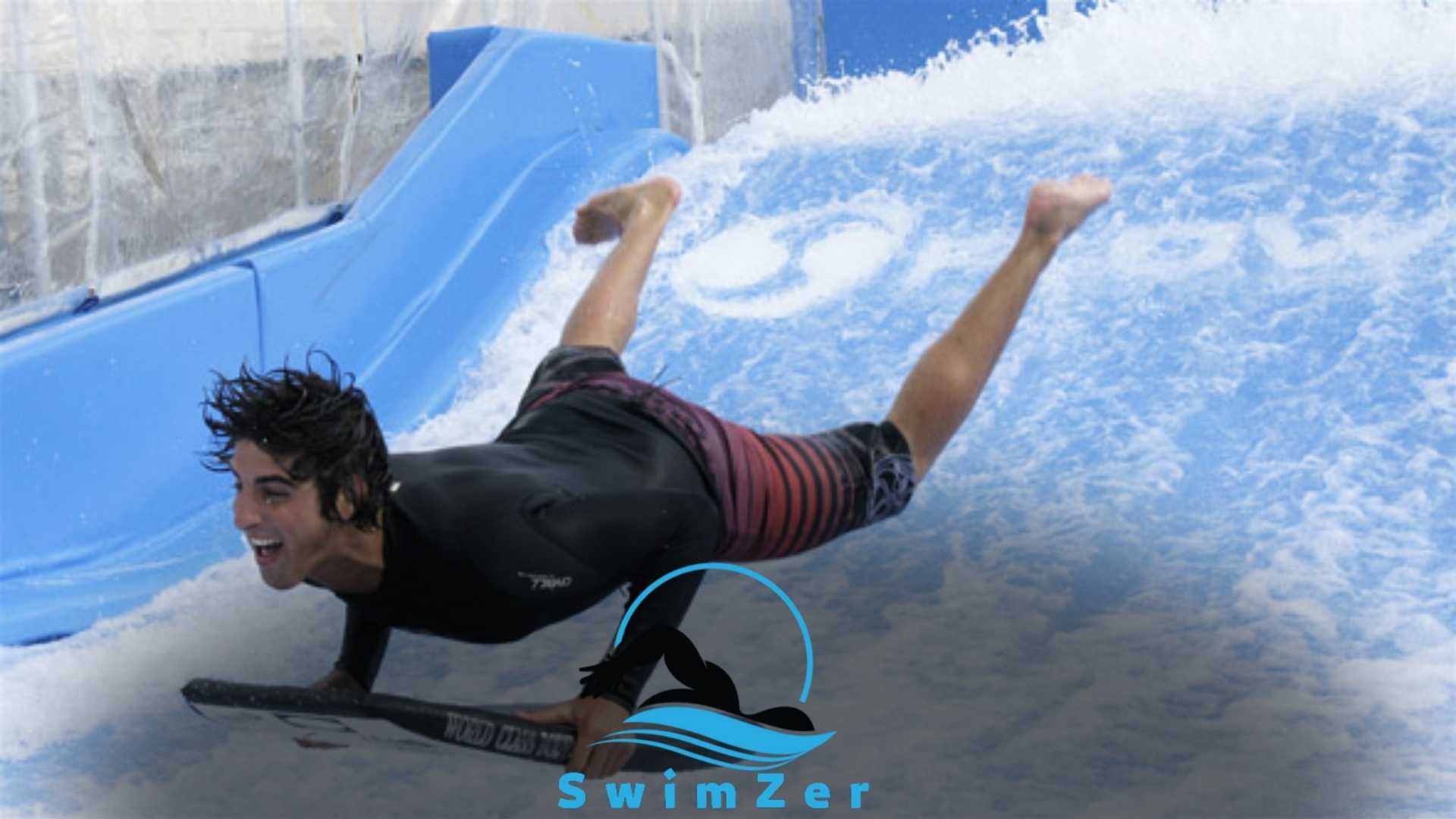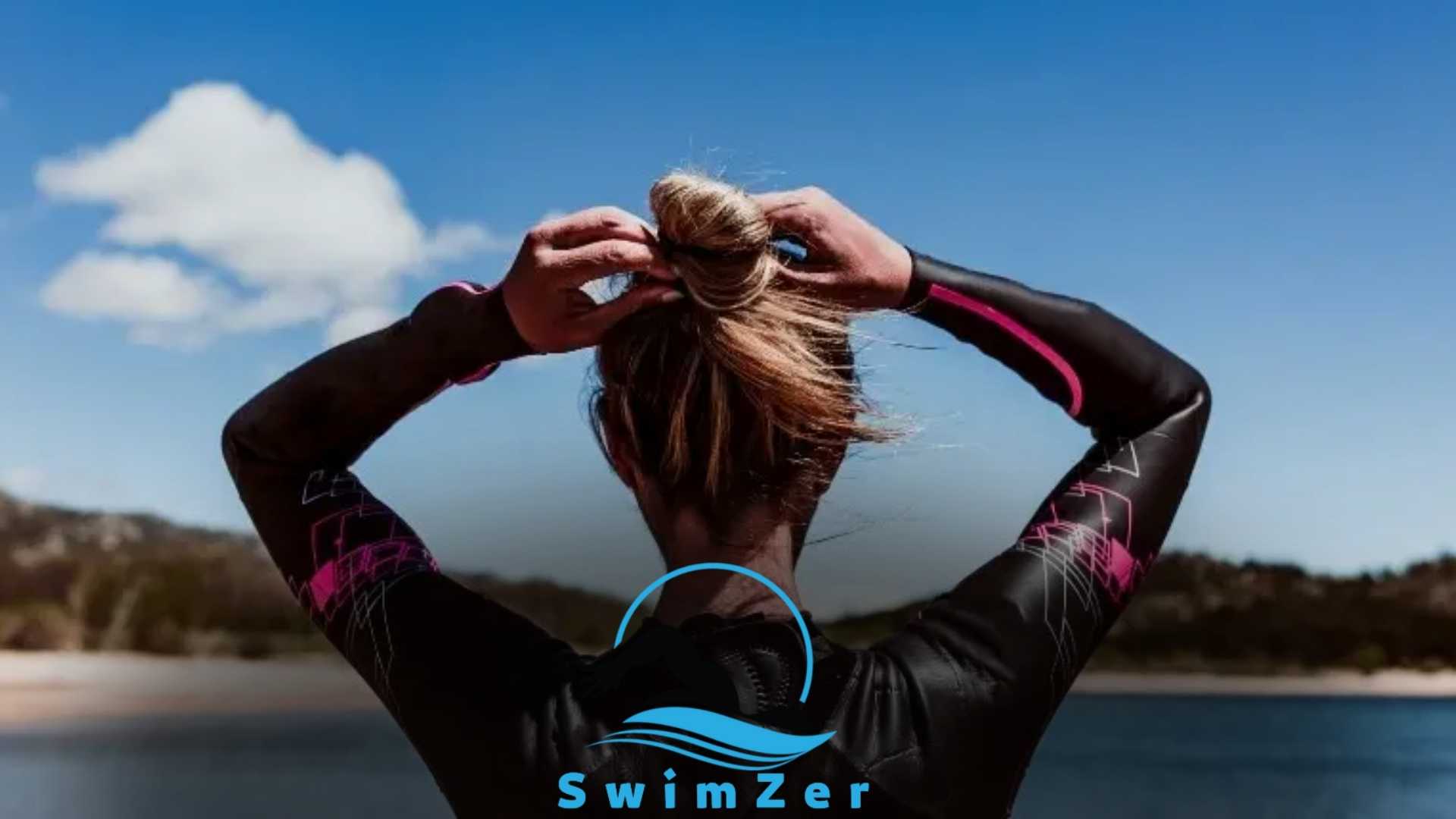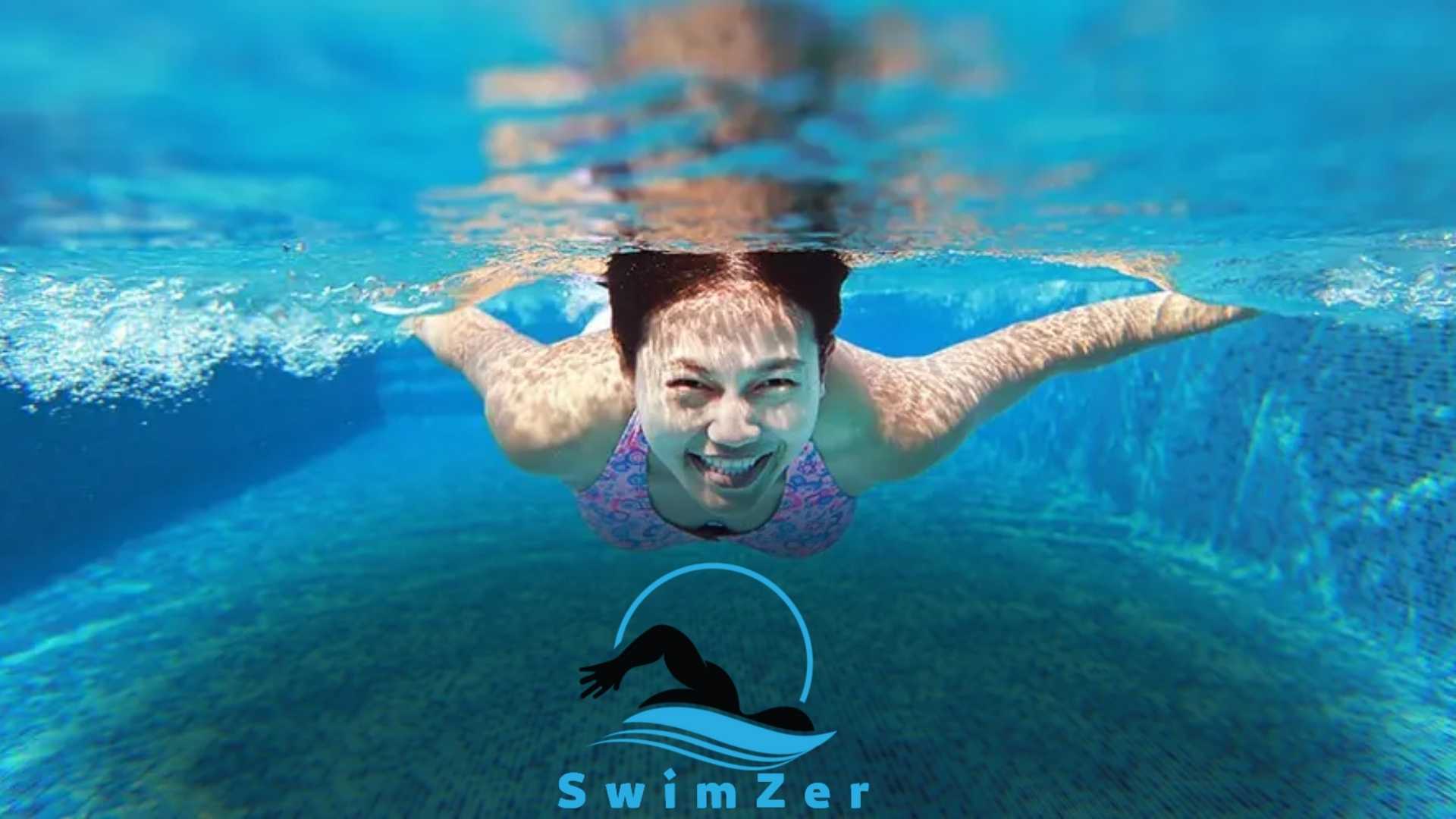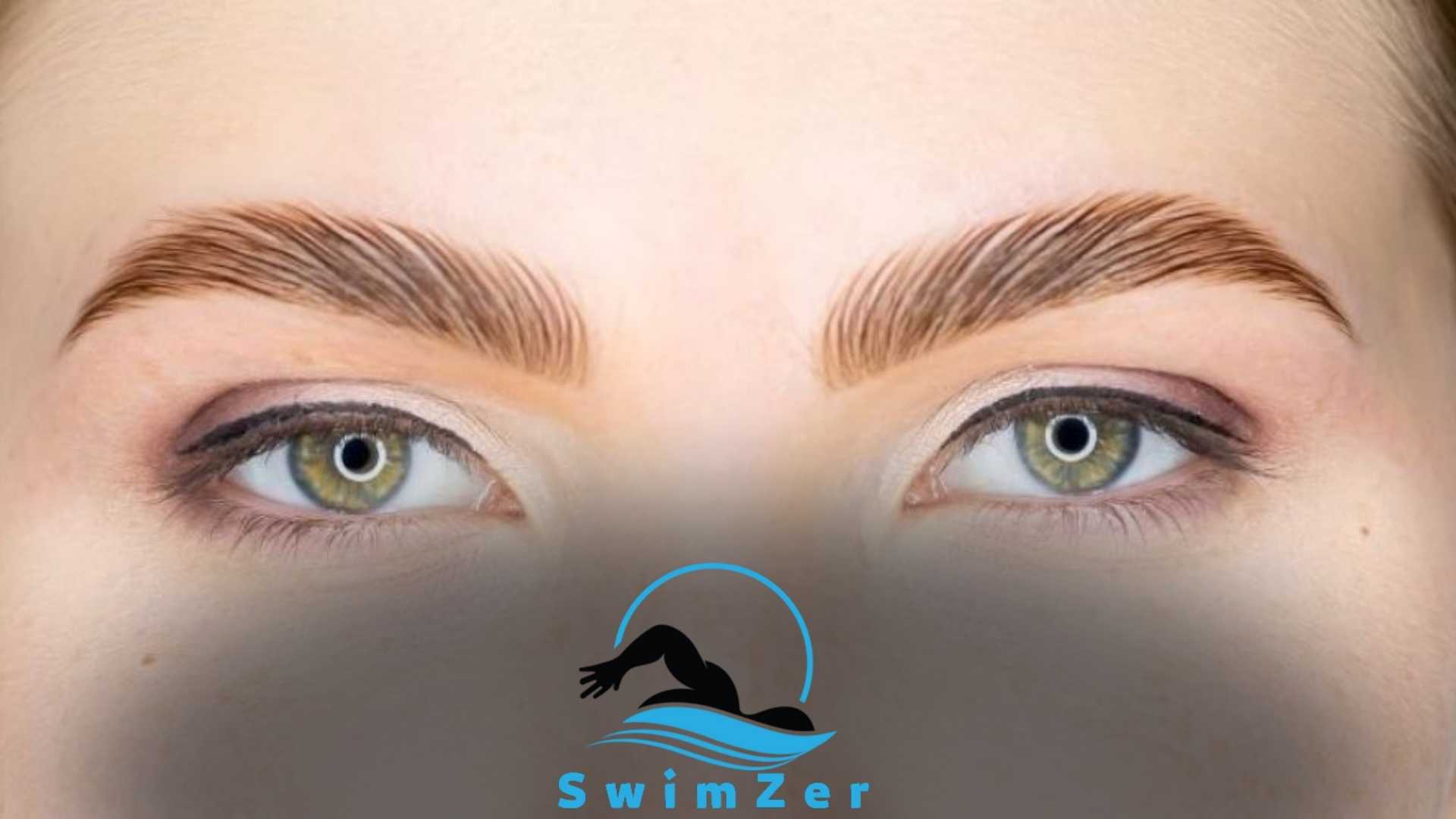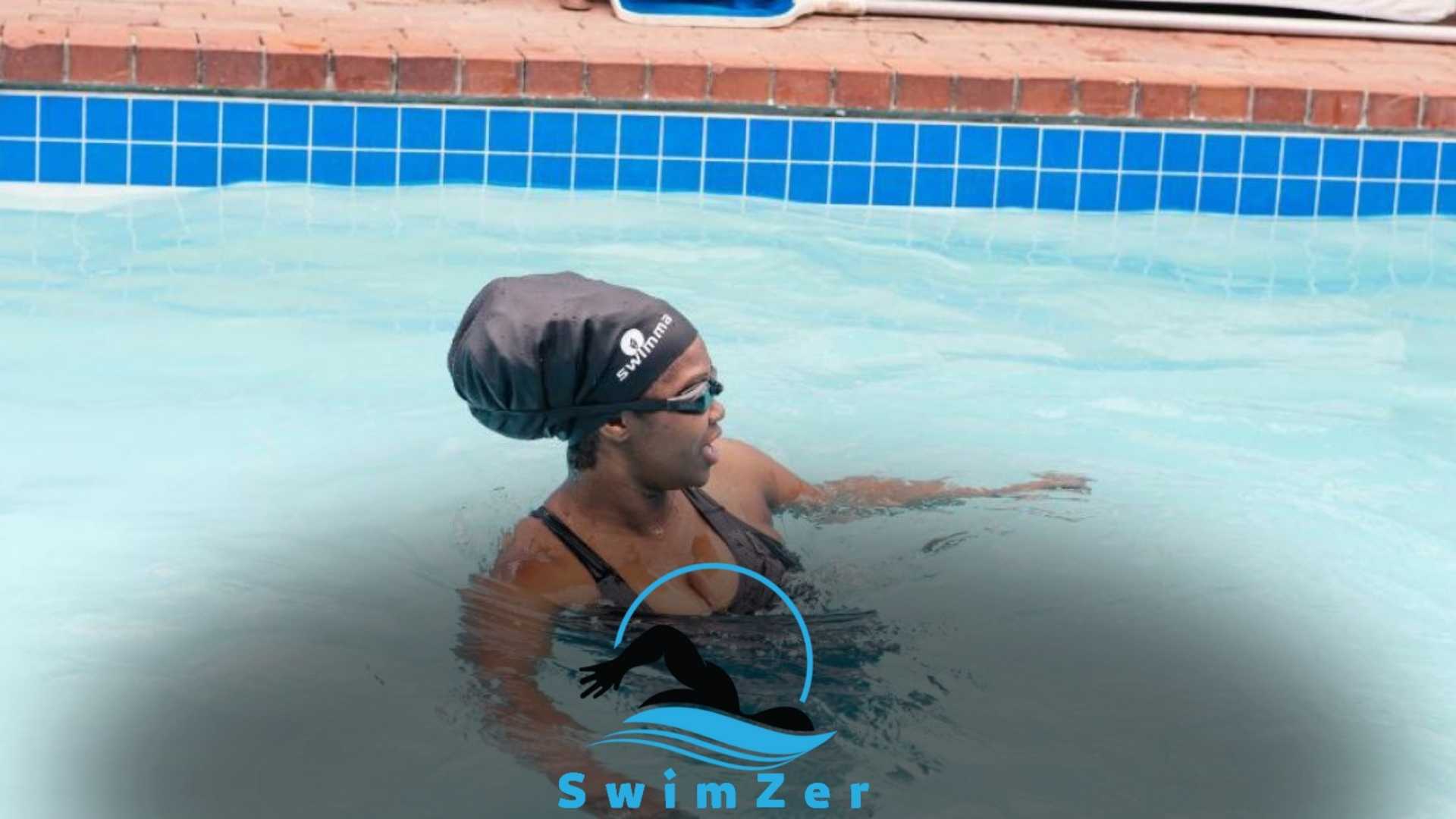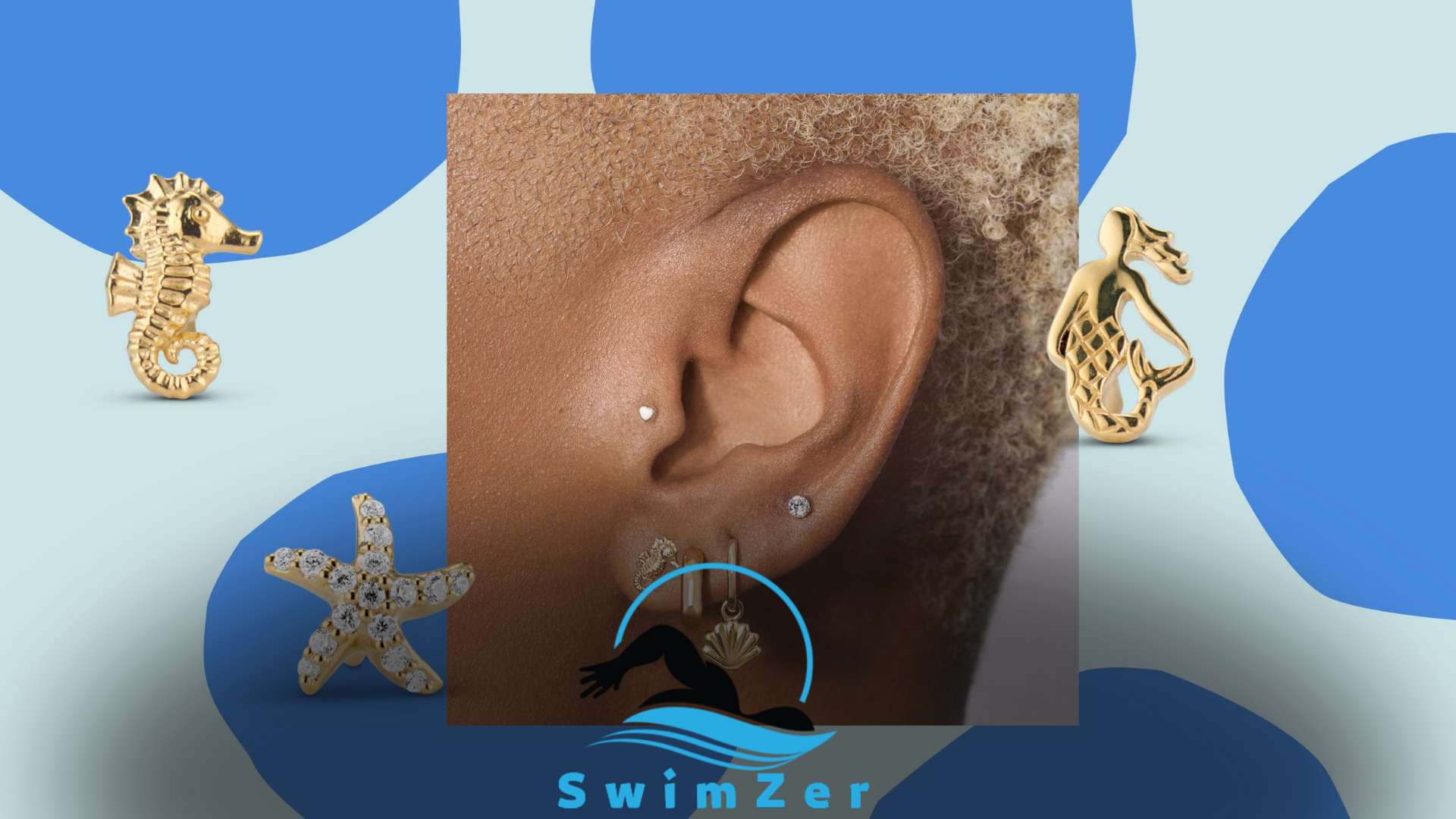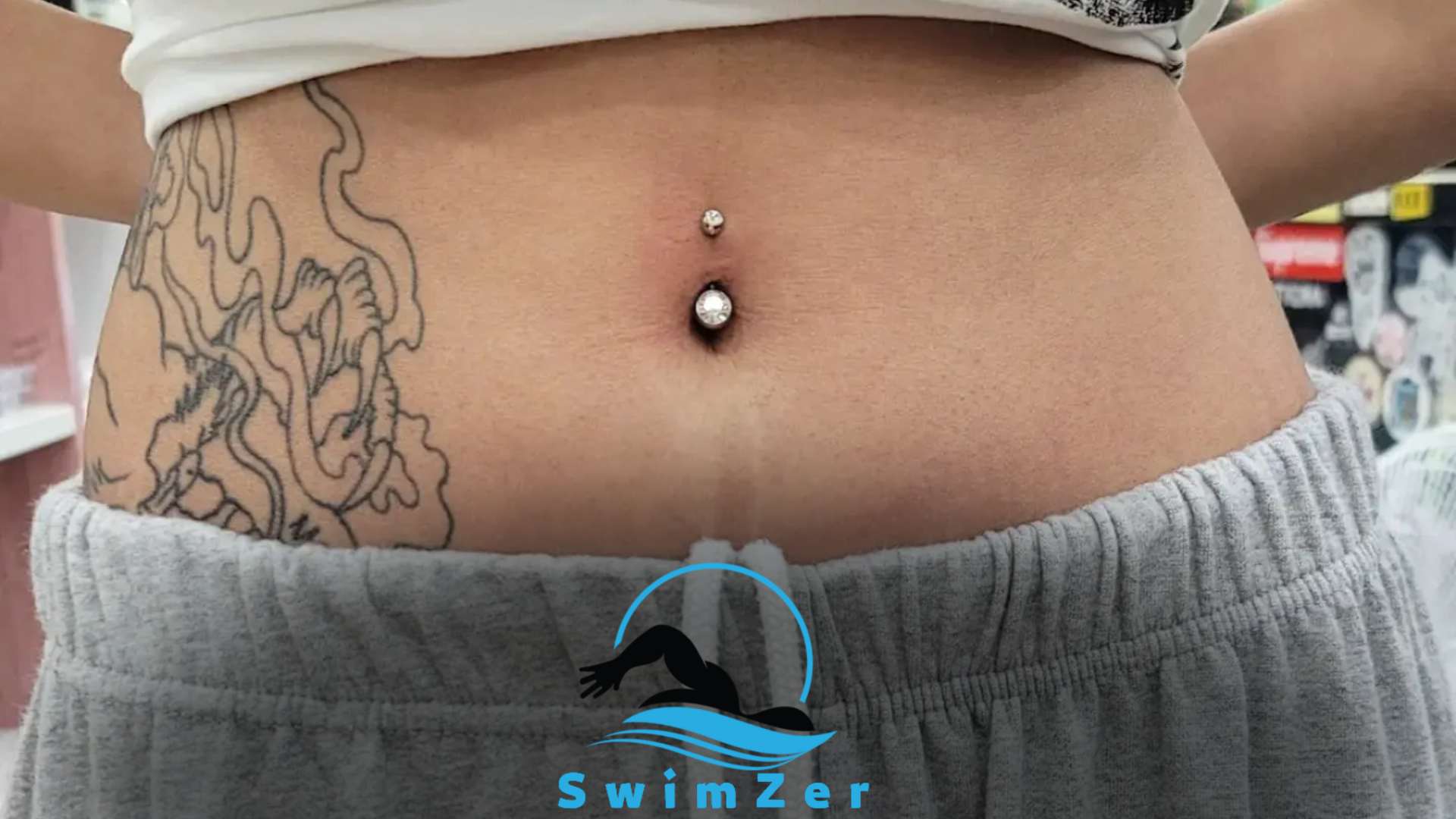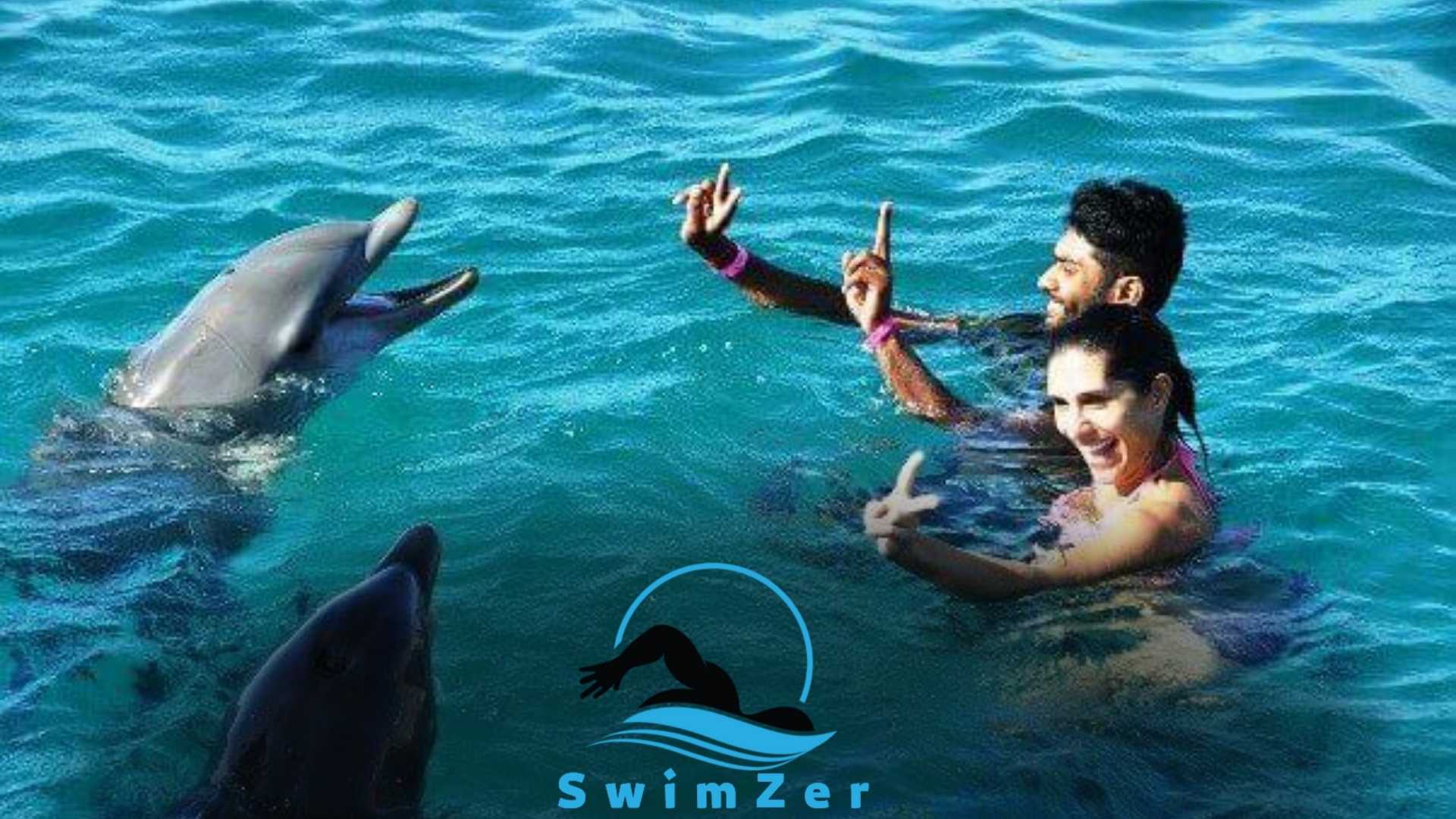No, it is not recommended to swim with clip-in hair extensions to avoid damage and tangling. Chlorine and salt water can also affect the quality of the extensions.
Clip-in hair extensions are a popular and convenient way to add length and volume to one’s hair. However, with the summer season in full swing, whether one can wear them while swimming becomes prevalent.
While it may be tempting to dive into the pool or beach with your extensions, doing so can adversely affect your hair.
The chemicals present in the water, such as chlorine and salt, can cause tangling and damage to the hair. Moreover, the clips may loosen or fall out due to the force of the water.
In this article, we’ll delve further into why swimming with clip-in hair extensions is not recommended.
Understanding Clip-In Hair Extensions
Clip-in hair extensions are a popular and easy way to add length, volume, and thickness to your hair without the commitment of permanent extensions.
They come in various types, including synthetic and human hair, with different attachment methods, such as clips, tape, and glue.
Clip-in hair extensions are typically the simplest to install and remove, making them ideal for those who want to switch up their look without the hassle. They offer several benefits, including cost-effectiveness, versatility, and minimal damage to your natural hair.
But can you swim with clip-in hair extensions? While wearing clip-ins while swimming is not recommended, investing in waterproof clip-ins or a swim cap can help protect your extensions from damage.
Microlinks are a popular hair extension method, but how do they fare in the pool? Discover the guidelines and care tips for swimming with microlinks to ensure they remain secure and beautiful.
How Do Clip-In Hair Extensions Hold Up In Water?
Swimming is one of the most refreshing exercises, especially in summer. If you wear clip-in hair extensions, you may wonder whether you can keep them on while swimming.
As far as getting wet is concerned, clip-ins are no different from natural hair.
They can handle water, but it’s always better to take precautions. Chlorine and salt water can damage hair extensions, causing them to tangle, shed or fade.
So, avoiding submerging your head entirely or using harsh chemicals on your hair is best.
Additionally, wearing clip-ins while swimming doesn’t pose any significant risks, but keep in mind all the precautions mentioned above to keep your hair flawless.
Tips for Swimming With Clip-In Hair Extensions
Are you wondering if it’s safe to take a dip in your pool with clip-in extensions? Fear not; here are some tips to help you enjoy swimming without worrying about damaging your hair or extensions.
Before diving in, it’s important to prep your hair extensions.
For example, make sure your extensions are tightly clipped in, tie them into a braid or bun to avoid tangles, and secure them with a headband to keep them in place. Post-swim, rinse your hair and extensions with cool water and use a conditioner on both.
Don’t forget to dry them out completely before storing them. A best practice is to avoid swimming with your clip-in extensions, which can cause damage or permanent tangling. But if you must, follow these tips to minimize damage.
Tape-in extensions offer a seamless look, but are they suitable for swimming? Dive into the insights on swimming with tape-in extensions and how to maintain their bond.
Alternatives to Clip-In Hair Extensions For Swimmers
Swimming is a great way to stay active, but what if you wear clip-in hair extensions? Can you swim with clip-in hair extensions? While it’s technically possible, it’s not recommended, as chlorine and salt water can damage hair extensions.
But don’t worry; there are alternatives to clip-in hair extensions for swimmers.
Other hair extensions, such as tape-in or sew-in extensions, are better options. In addition, wigs and hairpieces can also be used while swimming.
Lastly, it’s important to take care of your natural hair with proper conditioning and protection before and after swimming.
With these alternatives and tips, you can still swim while maintaining healthy hair.
Synthetic hair extensions provide an affordable alternative to human hair, but can they handle the chlorinated waters? Learn about the do’s and don’ts of swimming with synthetic hair and how to keep them looking vibrant.
Frequently Asked Questions
Can Clip-In Hair Extensions Get Wet While Swimming?
Yes, clip-in hair extensions can get wet while swimming, but it is not recommended as it can cause damage to the extensions and affect their lifespan.
Can Salt Water Damage Clip-In Hair Extensions?
Yes, salt water is known to damage clip-in hair extensions as it can cause tangling, matting, and dryness, leading to hair damage.
How Do You Protect Clip-in Hair Extensions While Swimming?
To protect clip-in hair extensions while swimming, wear a swimming cap or tie them in a tight, low bun. It’s best to avoid getting them wet.
Can You Install the Clip-In Hair Extensions for Swimming?
Yes, you can install clip-in hair extensions for swimming. However, ensure they are properly secured and not too tight to avoid discomfort while swimming.
Can You Wear Clip-In Hair Extensions in a Swimming Pool?
Wearing clip-in hair extensions in a swimming pool is not recommended, as chemicals used in pools may cause hair dryness and damage to the extensions.
Conclusion
After careful consideration and research, we can conclude that swimming with clip-in hair extensions is not recommended.
While some may argue that it is possible to wear them while swimming, it is important to consider the potential damage that can occur to the extensions.
The chlorine and saltwater in pools and oceans can be extremely harsh on the hair, causing it to tangle, mat, and even break.
Additionally, the weight of the extensions combined with the pressure of the water can cause discomfort and potential damage to the scalp.
It is always best to err on the side of caution when preserving the integrity of your hair extensions. Instead of swimming with clip-ins, opting for a high-quality waterproof wig or enjoying the water without the added accessory may be best.

